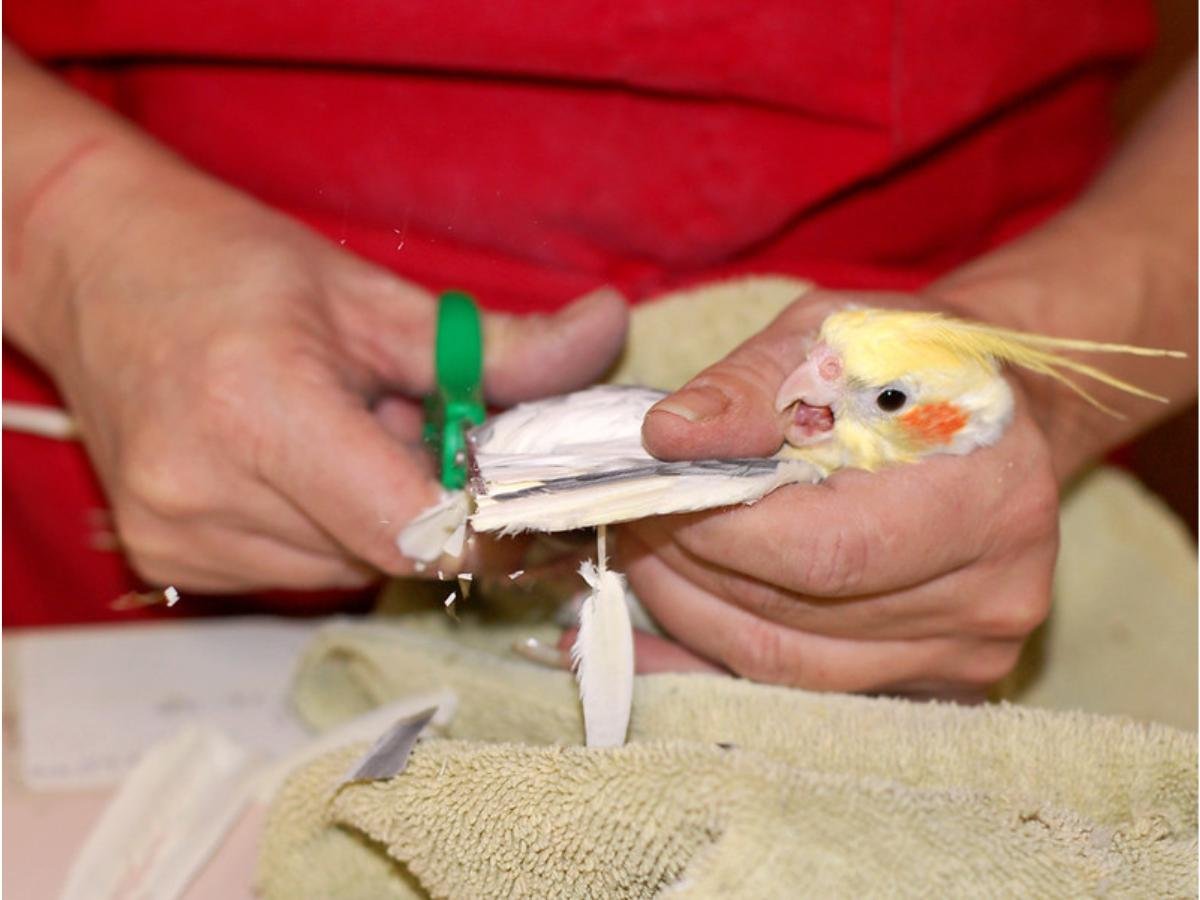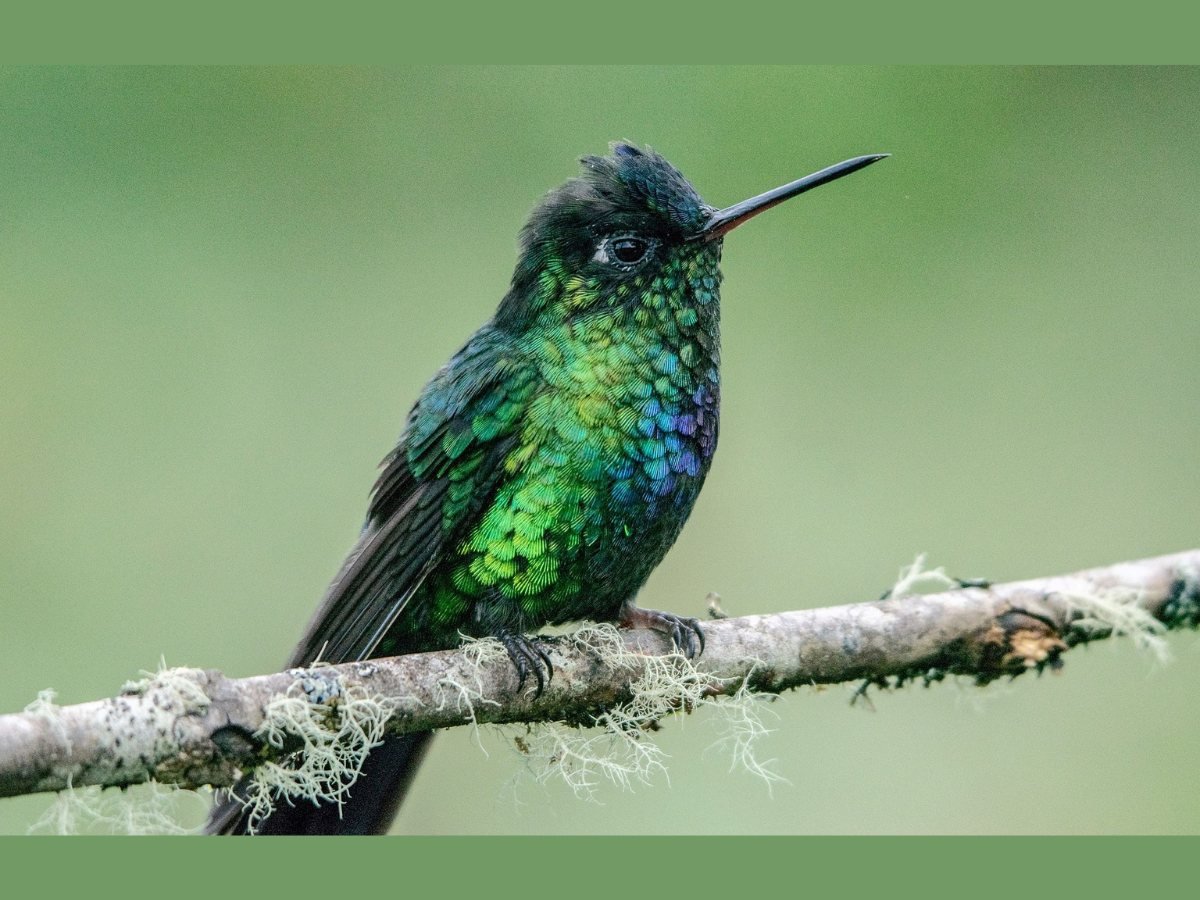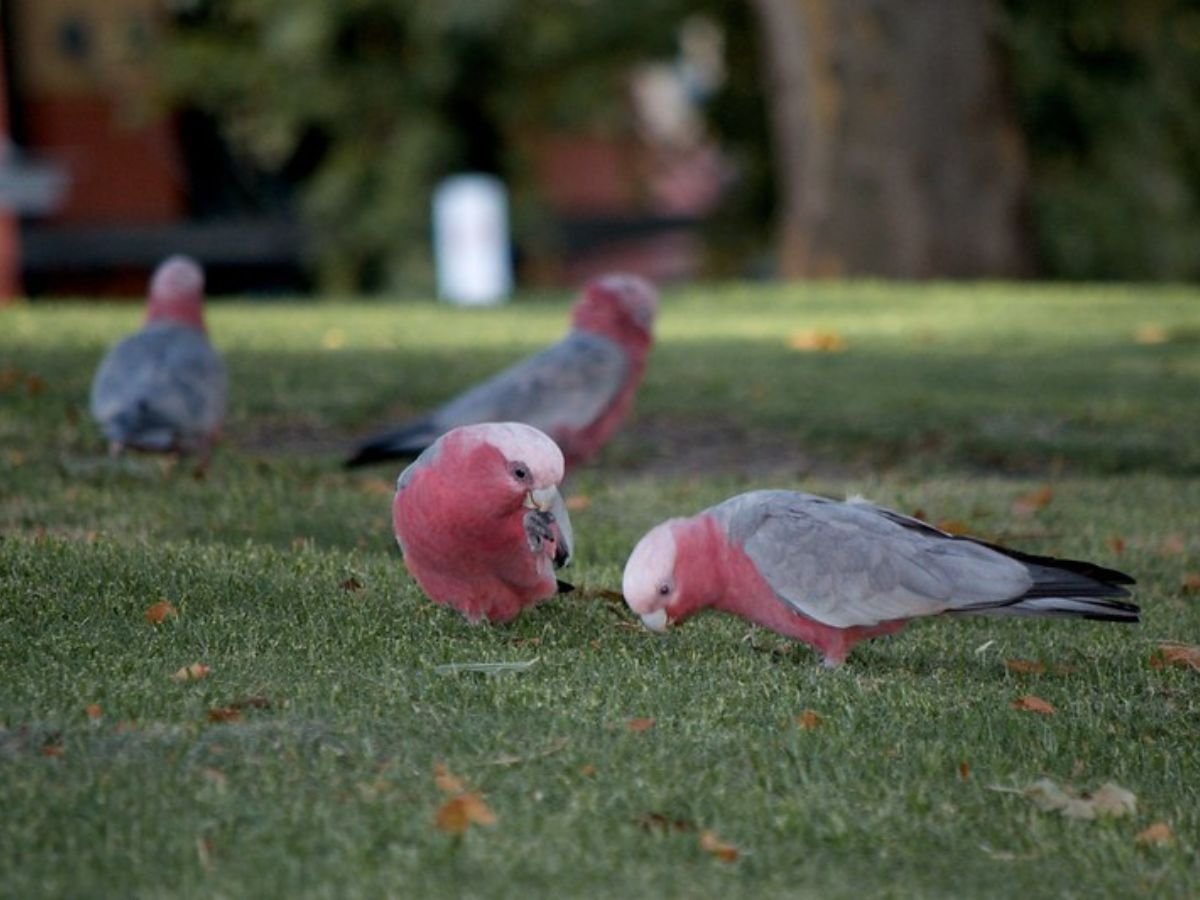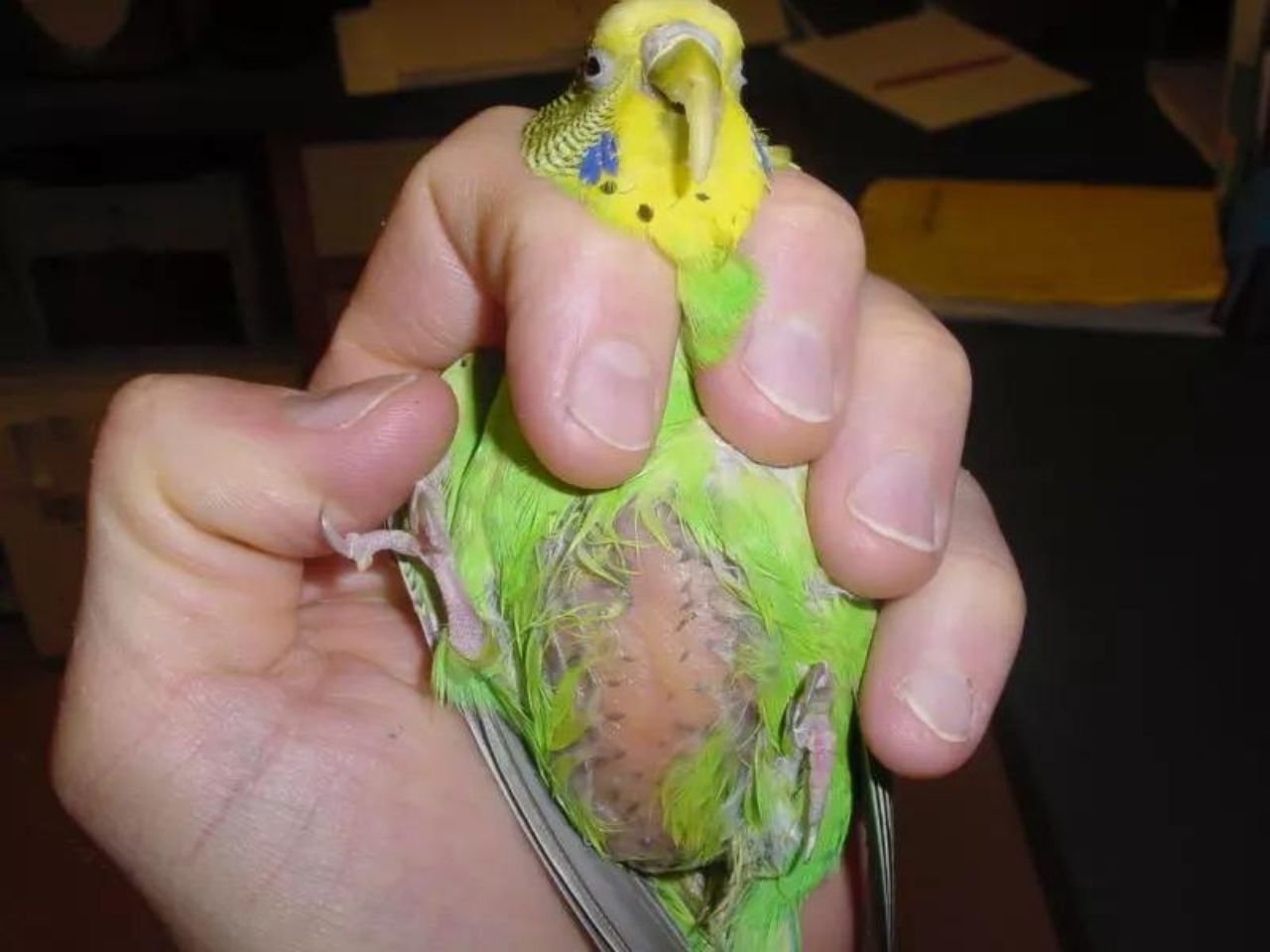Stroud’s Digest on the Diseases of Birds provides comprehensive insights into avian diseases. It covers diagnosis, treatment, and prevention methods.
Stroud’s Digest is a crucial resource for bird enthusiasts and veterinarians. It delves into various avian illnesses, offering detailed information on symptoms and treatments. The book also discusses preventive measures to maintain bird health. Written by experts, it serves as a reliable guide for anyone involved in avian care.
This digest combines scientific research with practical advice, making it invaluable for both hobbyists and professionals. It emphasizes the importance of early diagnosis and effective treatment plans. Understanding common bird diseases helps ensure the well-being of these creatures. Stroud’s Digest is essential for maintaining the health and longevity of birds.
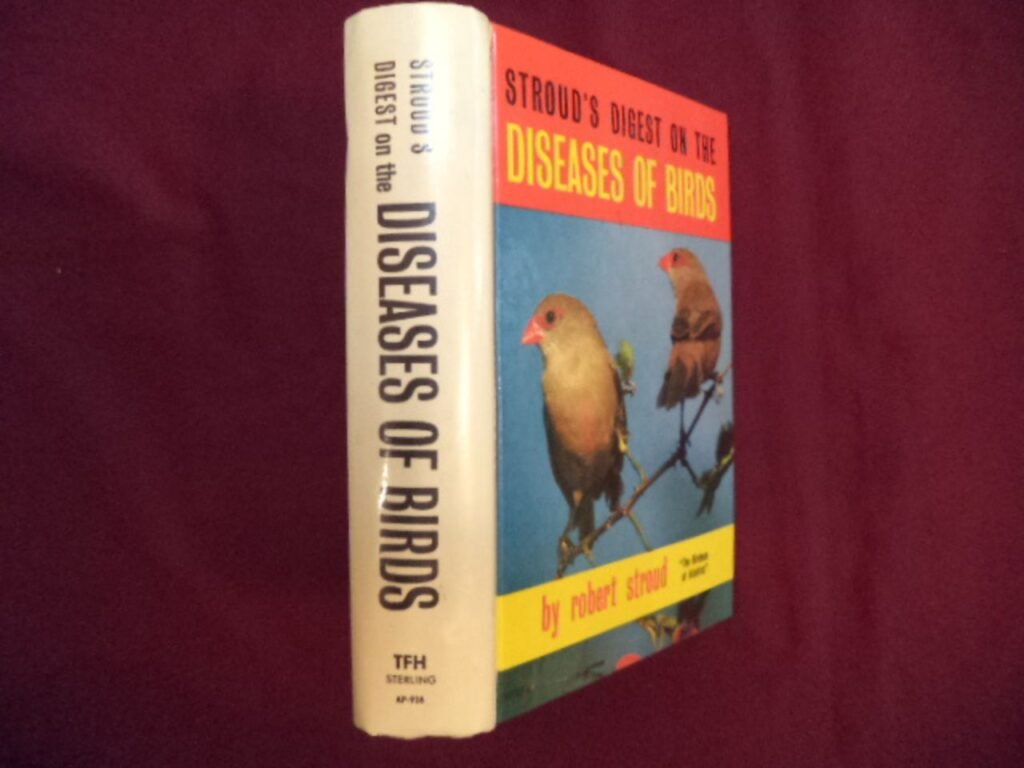
Overview Of Bird Diseases
Stroud’s Digest on the Diseases of Birds is a comprehensive guide. It covers a wide range of bird diseases. Understanding these diseases is crucial for bird owners and veterinarians. The book delves into symptoms, causes, and treatments. Readers gain valuable insights into bird health. Awareness helps in early detection and prevention. This guide is essential for anyone who cares for birds. Must Be Read Bird Health Hummingbird Nectar.
Common Bird Ailments
Birds can suffer from a variety of ailments. Knowing the common ones helps in timely intervention. Here are some frequent bird diseases:
- Psittacosis: This is also known as parrot fever. Birds catch it from bacteria. Symptoms include breathing issues and weight loss.
- Aspergillosis: A fungal infection that affects the lungs. Birds with this disease may show respiratory distress.
- Avian Influenza: A viral infection that can be deadly. Signs include coughing, sneezing, and lethargy.
Other common ailments include:
| Disease | Symptoms |
|---|---|
| Candidiasis | White spots in the mouth, weight loss |
| Newcastle Disease | Twisted neck, tremors |
Preventive Measures
Preventing bird diseases is easier than treating them. Simple steps can keep birds healthy and happy. Here are some effective preventive measures:
- Regular Cleaning: Clean cages and perches frequently. This helps to remove harmful bacteria and fungi.
- Healthy Diet: Provide a balanced diet. Fresh fruits, vegetables, and clean water are essential.
- Quarantine New Birds: Isolate new birds for a period. This helps to prevent the spread of diseases.
Vaccinations play a crucial role in disease prevention. Many bird diseases can be prevented with vaccines. Consult a veterinarian for a vaccination schedule. Regular health check-ups are also important. Early detection can save lives. Observing birds daily for any changes is key. Prompt action can prevent many diseases.
Treatment And Management
Stroud’s Digest on the Diseases of Birds offers crucial information on bird health. This guide provides strategies for treatment and management. Ensuring bird health requires understanding common diseases and how to address them.
Medication And Therapies
Proper medication is essential for treating bird diseases. Antibiotics are often prescribed for bacterial infections. Antifungal treatments are used for fungal infections. Antiviral drugs help combat viral diseases.
Supportive care is also crucial. This includes ensuring birds have clean water and nutritious food. Using vitamin supplements can boost their immune system.
Therapies can include heat therapy to keep birds warm. Hydrotherapy may be used to encourage drinking and hydration. Physical therapy helps in cases of injury or weakness.
| Medication | Purpose |
|---|---|
| Antibiotics | Bacterial Infections |
| Antifungal | Fungal Infections |
| Antiviral | Viral Diseases |
Biosecurity Practices
Biosecurity helps prevent the spread of diseases among birds. Isolating new birds is a key practice. This ensures any diseases are not spread to the flock. Regular cleaning of cages and equipment is essential.
Hand washing before and after handling birds can prevent disease transfer. Using disinfectants on tools and surfaces helps maintain a clean environment. Avoiding contact with wild birds minimizes the risk of disease introduction.
Routine health checks can catch diseases early. Vaccinations are also important for protecting birds from common diseases. Educating bird owners about these practices ensures a healthier flock.
- Isolate new birds
- Regular cleaning
- Hand washing
- Use disinfectants
- Avoid wild birds
- Routine health checks
- Vaccinations
ALSO READ:
Frequently Asked Questions About Stroud’s Digest on the Diseases of Birds
What Are Common Bird Diseases?
Common bird diseases include Avian Influenza, Psittacosis, and Pacheco’s disease. These can affect various bird species. Early detection and treatment are crucial for bird health.
How To Recognize Sick Birds?
Look for signs like lethargy, ruffled feathers, and loss of appetite. Changes in droppings and abnormal breathing are also indicators. Consult a vet for an accurate diagnosis.
Can Bird Diseases Affect Humans?
Yes, some bird diseases like Psittacosis can infect humans. Proper hygiene and handling practices are essential. Always wash your hands after handling birds.
How To Prevent Bird Diseases?
Maintain clean living conditions and provide a balanced diet. Regular vet check-ups are vital. Quarantine new birds to prevent disease spread.
Stroud’s Digest on the Diseases of Birds offers crucial insights for bird enthusiasts and veterinarians. This resource helps ensure avian health. Understanding and treating bird diseases is vital for their well-being. Using this guide, you can safeguard your feathered friends.
